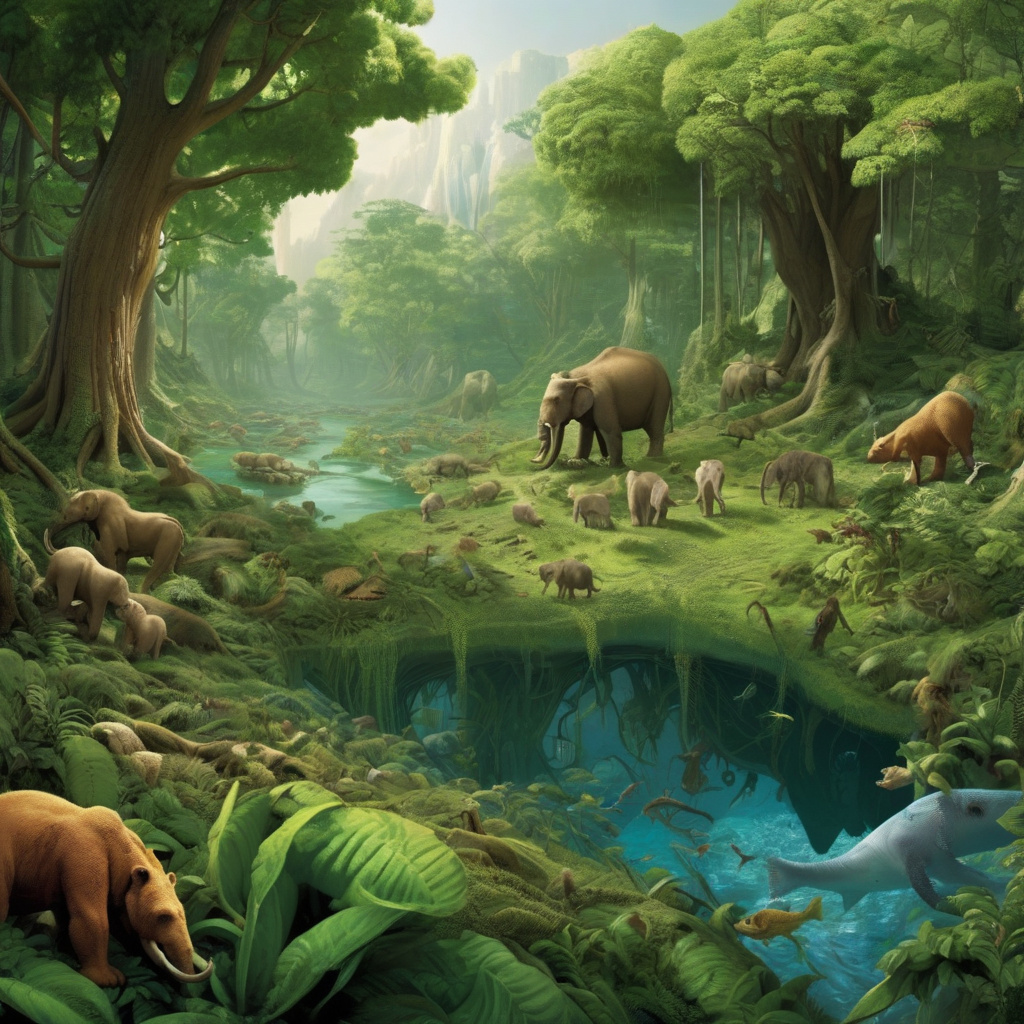The Carbon Cycle Flaw: Could Earth Be Headed Towards an Ice Age?
A new study has provided fresh insights into how Earth recycles its carbon. Rock weathering, a crucial part of the carbon cycle, has long been understood to help regulate the Earth’s climate by removing carbon dioxide from the atmosphere. However, a recent study published in the journal Nature Geoscience suggests that this process could have a flaw that might lead to drastic consequences.
The study, led by researchers from the University of Exeter and the NIOZ Royal Netherlands Institute for Sea Research, found that the current models of the carbon cycle might be oversimplified. According to the study, as carbon dioxide levels in the atmosphere rise due to human activities such as burning fossil fuels, the Earth’s natural carbon sinks, including rock weathering, might not be able to keep up. This imbalance could potentially lead to a scenario where the Earth absorbs more carbon dioxide than it releases, ultimately plunging the planet into an ice age.
Rock weathering is a slow but essential process in the carbon cycle. It involves the chemical breakdown of rocks, which absorbs carbon dioxide from the atmosphere and eventually transports it to the oceans. Once in the oceans, the carbon can be stored for thousands of years before being released back into the atmosphere through volcanic activity.
The researchers behind the study used a combination of field observations and computer models to simulate different scenarios of rock weathering under changing climate conditions. What they found was concerning: if carbon dioxide levels continue to rise at the current rate, the Earth’s rock weathering processes might not be able to offset the increased emissions, leading to a net removal of carbon dioxide from the atmosphere.
While the idea of the Earth entering an ice age might seem far-fetched in the midst of global warming concerns, the study serves as a stark reminder of the interconnectedness of Earth’s systems. Climate change is a complex phenomenon with far-reaching implications, and even seemingly small disruptions to natural processes like rock weathering can have significant consequences.
So, what does this mean for the future of our planet? The study’s findings highlight the importance of reevaluating our understanding of the carbon cycle and its feedback mechanisms. As humans continue to pump unprecedented amounts of carbon dioxide into the atmosphere, it is crucial to consider the potential consequences of these actions on Earth’s natural processes.
In the face of this new research, there is a pressing need for further studies to confirm the findings and explore potential mitigation strategies. From reforestation efforts to carbon capture technologies, there are various ways that society can work towards reducing carbon emissions and restoring balance to the carbon cycle.
As we navigate the complexities of climate change and its impacts on the planet, studies like this serve as a wake-up call to the importance of understanding Earth’s natural systems. The carbon cycle flaw highlighted in this study is a reminder that our actions today can have far-reaching consequences for the future of our planet.
#CarbonCycle, #Earth, #IceAge, #ClimateChange, #RockWeathering












